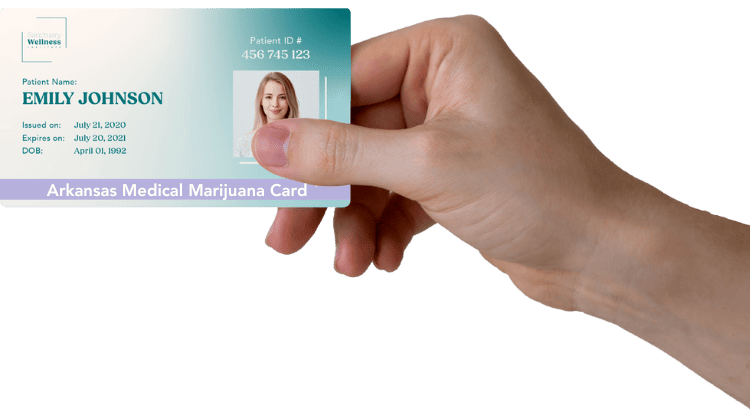Get an Arkansas Medical Marijuana Card Online
Call us to use Afterpay:
4 Payments of $43.50 for New Patients and $24.75 for Renewals.
Receive a full refund if not approved.
Have questions or prefer to schedule on the phone?
Call: (501) 226-4177











